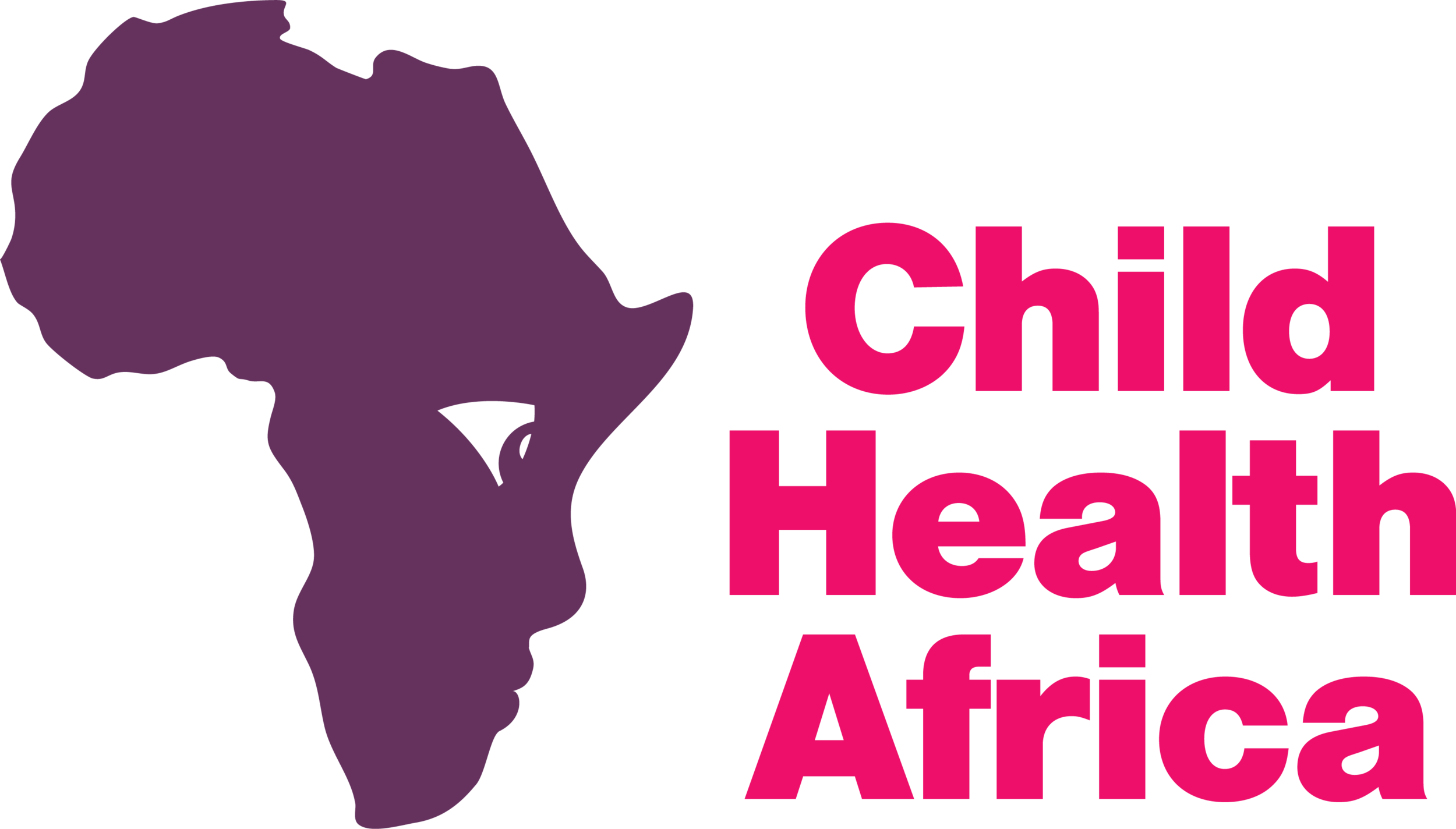Ghana Kwashiorkor Programme
& Team
Who is taking part?
The study is being coordinated by Child Health Africa, but is being undertaken in the paediatric departments of two university teaching hospitals at Kumasi and Tamale. In each case, the head of department is the key person organising the study at each centre, and is very actively involved.
Children that are enrolled will be treated in the acute paediatric wards of the hospitals, and transferred to their specilist nutrition wards once they have recovered from their critical state.
Malnutrition ward in Kumasi Hospital
What are the study details?
This will be a proof-of-concept study. This means that it is designed to test whether intravenous albumin will improve the outcomes of infants who present with kwashiorkor + shock by extremely closely monitoring precisely how they fare after an albumin infusion, but this is not a ‘head to head’ comparison of albumin vs WHO fluid. That sort of study would require randomisation of patients to two different treatments. A proof of concept study is usually carried out first to ‘test the water’ before conducting a formal randomised controlled trial (RCT). The protocol can be viewed by following the link at the bottom.
What will we be monitoring?
Our focus will be to monitor exactly what happens to the ways that these infants’ bodies react to the albumin over the first 4 hours. This is because we expect it to have its greatest effect very quickly - we anticipate that it will reverse their shock and put them on the path to recovery very promptly. To monitor shock we will measure all of the usual clinical signs such as pulse, blood pressure, breathing rate, and their conscious level, but as well we will be checking how quickly the circulation of blood throughout their bodies returns. We will do this by measuring their toe temperatures every 15 minutes with special inexpensive clinical thermometers. This will provide us with the sort of informaton which is collected in wealthy countries that have expensive peripheral temperature monitoring modules. These details are all covered in the protocol link at the end of this page.
The results so far
We have identified that our hypothesis is correct!
The small number of babies we have given albumin to have not only survived, but we have been able to show that the albumin did exactly what we predicted it would to their physiology. for the medical details, follow the link to Pilot Results of Albumin Infusion, below.
We saw it immediately cause an increase in the volume of blood in the circulation, and were able to demonstrate with ultrasound that the major veins in the chest went from nearly empty to fully expanded. This allowed their blood circulation to return to normal, which meant that they began to send blood to all parts of their body, including warming their feet, which we measured.
However, we have identified that we now need to find a better way to detect shock in these babies at a much earlier stage, so that we can enrol all of the babies that we need to. Until we can do this, we have to stick with the definitions for shock in these babies that the WHO have defined, and we are now certain that their recommended methods are not reliable enough.
This means we now need to do further work by undertaking a Diagnosing Shock in the Tropics Study very urgently. To find out about this, follow the link below
The Ghana Team
Prof Sampson Antwi
Sampson is the Professor of Child Health and Paediatric Nephrology in Kwame Nkrumah University of Science & Technology in Kumasi, and the Consultant in Charge of Paediatric Unit.
He provides 24-hour cover for Ghana’s children with acute kidney injury, is a specialist in HIV treatment, and an expert in the treatment of malnutrition.
He is the head of the study team in Kumasi.
Dr Abdul-Hassan Mumin (Alhassan)
Alhassan is the Head of the Department of Paediatrics & Child Health, both in the Tamale Teaching Hospital and in the School of Medicine and Health Sciences.
He is involved in multicentre trials both into the care of neonates with gastroschisis and in evaluating the vaccination of children in sub-Saharan Africa.
Dr Rafiuk Cosmos Yakubu
Cosmos has worked in Northern Ghana, which has the lowest number of health personnel in the country, since he qualified in 2009. He immediately fell in love with caring for children, and completed his paediatric training in 2016.
He has a special interest in acute malnutrition, which is a major problem in Northern Ghana. Cosmos feels that the outcome of this trial will be of vital importance to improving the survival of these infants.
Dr Halwani Fuseini
Halwani is a paediatrician in Tamale Teaching Hospital and lecturer in the School of Medicine, and she is the first Paediatric Rheumatology Specialist in Ghana.
Her plans for children in Ghana with rheumatoid diseases is to teach doctors and other health workers in this speciality, but also to conduct much needed research in this area. She sees the kwashiorkor project not only as valuable in itself, but also as important experience in conducting future research studies herself.
Dr Peter Kwarteng
Peter is a specialist paediatrician in Tamale Teaching Hospital and lecturer in paediatrics who has a passion for using evidence-based medicine to improve children’s healthcare. By participating in the kwashiorkor study, he will not only benefit the children enrolled, but it will also provide experience to allow him to improve the health of Ghana’s children by other evidence-based research in the future.






